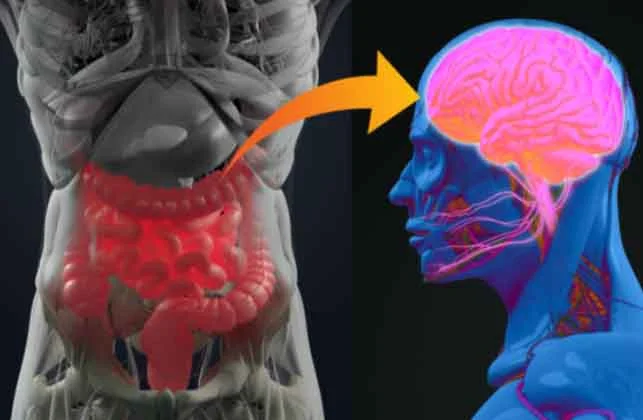The Gut-Brain Connection: How Nutrition Affects Mental Health
Welcome to my blog post where we will delve into the fascinating world of the gut-brain connection and how nutrition plays a vital role in our mental health. In this article, you will gain insights into the latest research findings and discover strategies to optimize your mental well-being through proper nutrition. So, let’s get started!
Understanding the Gut-Brain Connection
The gut-brain connection refers to the bidirectional communication system between our digestive system (the gut) and our brain. This connection involves a complex network of nerves, biochemical signals, and gut microbiota. Surprisingly, approximately 90% of the body’s serotonin, a neurotransmitter crucial for mood regulation, is produced in the gut. This highlights the significance of maintaining a healthy gut for our mental well-being.
Nutrition and Mental Health: Making the Connection
1. Balancing the Microbiota:
The gut microbiota, the diverse community of microorganisms residing in our intestines, plays a crucial role in mental health. Research suggests that an imbalance in the gut microbiota, known as dysbiosis, may contribute to depression, anxiety, and other mental health disorders. To promote a healthy gut microbiota, include fiber-rich foods like fruits, vegetables, and whole grains in your diet. Additionally, fermented foods such as yogurt and kefir provide beneficial probiotics that support gut health.
2. Omega-3 Fatty Acids and Brain Health:
Omega-3 fatty acids, particularly docosahexaenoic acid (DHA), are essential for brain health and mental well-being. These fatty acids are abundant in fatty fish like salmon, mackerel, and sardines. Studies have shown that individuals with a higher intake of omega-3 fatty acids are less likely to experience depression and cognitive decline. If you’re not a fan of fish, consider taking a high-quality fish oil supplement to ensure an adequate intake of these beneficial fats.
3. The Impact of Sugar and Processed Foods:
While the occasional sugary treat is unlikely to harm your mental health, excessive consumption of sugar and processed foods can have negative effects. Research suggests that diets high in added sugars and processed foods may increase the risk of depression and anxiety. These foods can lead to inflammation in the body and disrupt the balance of neurotransmitters, affecting mood and overall mental well-being. Opt for whole, unprocessed foods to nourish both your body and mind.
4. Antioxidants and Mental Resilience:
Antioxidants, found abundantly in colorful fruits and vegetables, help to combat oxidative stress in the body. Oxidative stress is linked to mental health disorders and cognitive decline. Include a variety of antioxidant-rich foods such as berries, leafy greens, and bell peppers in your diet to support your mental resilience and overall brain health.
Incorporating the Gut-Brain Connection into Your Lifestyle:
Now that we understand the gut-brain connection and how nutrition affects mental health, here are some practical tips to incorporate into your lifestyle:
1. Eat a diverse range of whole foods, including fruits, vegetables, whole grains, and lean proteins, to maintain a healthy gut microbiota.
2. Prioritize omega-3 fatty acids by including fatty fish, flaxseeds, and chia seeds in your diet or considering supplementation.
3. Limit your intake of added sugars and processed foods to reduce inflammation and support optimal mental well-being.
4. Incorporate antioxidant-rich foods into your meals and snacks for mental resilience and brain health.
It’s important to remember that nutrition is just one piece of the puzzle when it comes to mental health. Additionally, if you are experiencing severe mental health issues, it is essential to consult a healthcare professional for proper diagnosis and treatment.
In conclusion, the gut-brain connection is a fascinating area of research. By nurturing our gut health through a nutritious diet, we can support our mental well-being. Remember to focus on foods that promote a healthy gut microbiota, such as fiber-rich foods and fermented products. Prioritize omega-3 fatty acids, limit sugar and processed foods, and incorporate antioxidant-rich foods into your meals. Let’s embrace the power of nutrition for a healthier mind!

